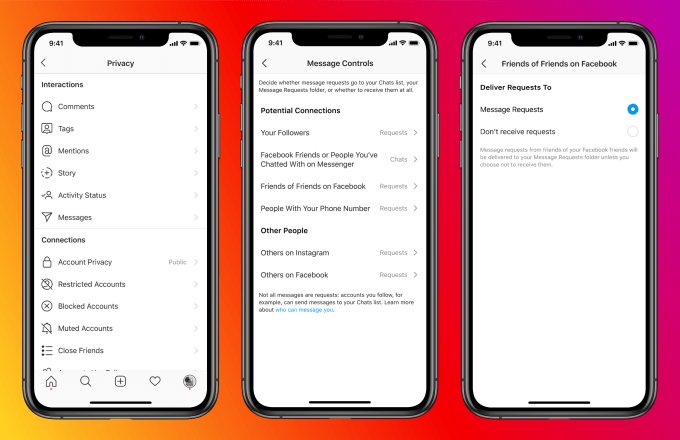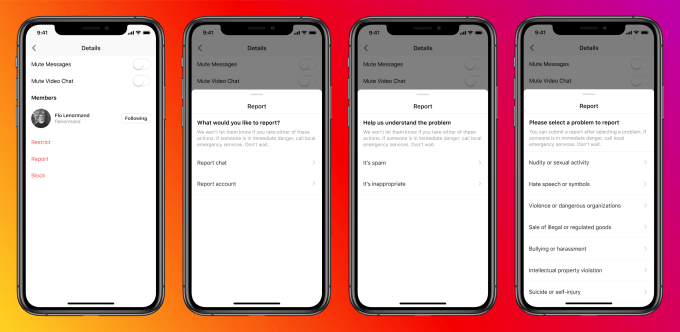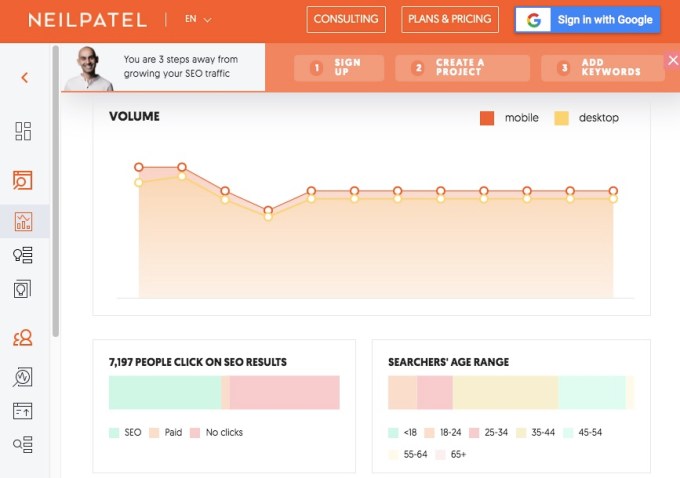We’ve been tracking one of the few genuinely interesting stories to come out of the blockchain world, ever since Dfinity raised $102M from Andreessen Horowitz and Polychain Capital for a decentralised ‘Internet Computer’ to rival AWS in August last year. It later revealed more this past January, and has dince then started to open up to developers.
But today it unveils it’s governance system and token economics. This will mean the market knows for first time how it will allow a mathematical calculation of valuations, based on token supply and futures price.
The effect of this is that the company is now valued at a notional $9.5bn, and as such would make it a top five cryptocurrency. The last valuation was $2bn, based on a $105mn round led by Andreessen and Polychain in August 2018.
Today it launches the “Network Nervous System (NNS)”, an open algorithmic governance system that controls Dfinitiy’s “Internet Computer” and acts as its brain.
Dubbed the Sodium network, this reveals the novel algorithmic governance and the token economics needed to build ‘decentralized finance’ (DeFi) and dapps, open internet services, and pan-industry enterprise systems. Sodium is the last milestone before the public launch of the Internet Computer later this year, when it will be spun out as part of the public internet.
Dominic Williams, founder and chief scientist of the Dfinity Foundation commented in a statement: “The NNS now means the Internet Computer is feature complete. It represents a seminal moment in the history of the internet. For the first time, internet services will be governed in a completely independent, decentralized manner. It is the technical solution to the systemic problems Big Tech has created with its monopoly over the internet, a public utility that should be completely open — bringing back the concept of the programmable web. The NNS is the catalyst for the open internet we were promised in the 1990s, and it ensures that the future of the internet remains open and free.”
Dfinity’s ‘Internet Computer’ is effectively a ‘blockchain computer’ powered by a network of independent data centers, allowing software to run anywhere on the internet rather than on Amazon, Google, and Microsoft-controlled server farms. Dfinity is pitching it as – eventually – an alternative to the $3.9-trillion-dollar IT stack in operation today.
Dfinity is backed by Andreessen Horowitz (via its crypto fund a16z crypto), Polychain Capital, SV Angel, Aspect Ventures, Village Global, Multicoin Capital, Scalar Capital, and Amino Capital, KR1, as well as Dfinity community members.
Read Full Article






 New emojis in iOS 14.2 beta
New emojis in iOS 14.2 beta 



